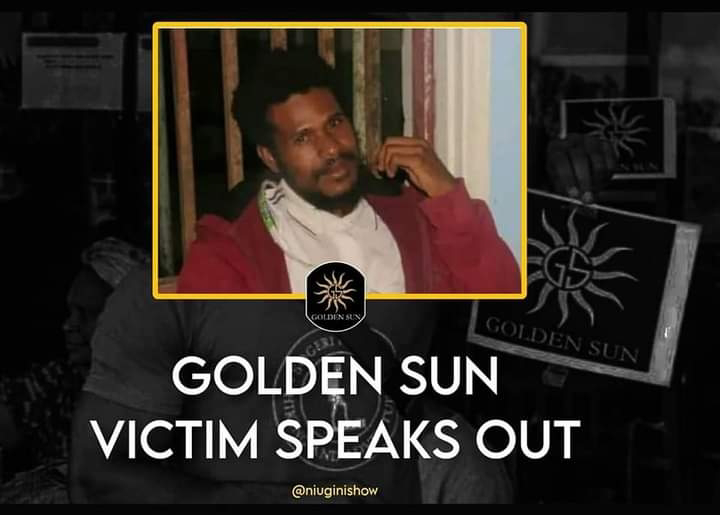Question 14:48:00, Source HERE
Asked by
Lord Harries of Pentregarth
To ask His Majesty’s Government what progress has been made in obtaining access to West Papua for the United Nations’ High Commissioner for Human Rights.
The Minister of State, Foreign, Commonwealth and Development Office (Lord Ahmad of Wimbledon) (Con)
My Lords, the United Kingdom welcomes recent engagement between Indonesia and the UN, as part of Indonesia’s universal periodic review in November 2022. We continue to support a visit by the United Nations High Commissioner for Human Rights to the region of Papua. We recognise that a significant amount of time has passed since the visit was first proposed, but we hope that both parties can come together to agree dates very soon.
Lord Harries of Pentregarth (CB)
I thank the Minister for his Answer. He mentioned the universal periodic review of Indonesia. He will know that, at that review, a number of major countries, including the United States, Australia and Canada, called for an intervention from the UN in Indonesia and an immediate visit by the UN High Commissioner for Human Rights. It is not at all clear that the United Kingdom was among those supporting that call. Perhaps the Minister will be able to enlighten us.
Lord Ahmad of Wimbledon (Con)
I hope the Answer I have given in the House today reassures the noble and right reverend Lord that we support an early visit. I am cognisant that this visit was first proposed under High Commissioner Zeid, who has since been succeeded by High Commissioner Bachelet and subsequently by High Commissioner Türk. The visit has been pending for a long time, and it is important that it takes place at the earliest opportunity.
Lord Lexden (Con)
Is it not clear that this small country is suffering grievously under a colonial oppressor, Indonesia, which is busily exploiting the country’s rich mineral resources and extensive forests in its own interests? Will the Government do all in their power, in conjunction with Commonwealth partners in the region, to get the UN to act and to act decisively?
Lord Ahmad of Wimbledon (Con)
My Lords, what is important is that we highlight the human rights issues as they arise, as we do with key partners. Ultimately, I agree with my noble friend that we need the UN, and the next step is very much for the high commissioner to undertake this important visit.
Lord Kennedy of Southwark (Lab Co-op)
My Lords, it is over a year since the UN special rapporteur’s allegations of extrajudicial killings, enforced disappearances, and the forced displacement of thousands of indigenous Papuans. Have the Minister, his ministerial colleagues or our ambassador in Jakarta made representations to their Indonesian counterparts about the contents of the report?
Lord Ahmad of Wimbledon (Con)
My Lords, I assure the noble Lord that we engage with them quite regularly. We recently had a visit from our team on the ground in Papua. We use our bilateral engagement, which is very strong with the Indonesian Government, to raise issues, including the situation in Papua and a broader range of human rights issues.
Lord Hannay of Chiswick (CB)
My Lords, could the Minister go a little further to explain why the UK does not seem to have been part of that group of eight countries that pressed for an early visit by the High Commissioner for Human Rights? It is surely reasonable to ask a democratic country such as Indonesia to admit the high commissioner to look into abuses of human rights. That is what it should do, and I hope that we will press that strongly.
Lord Ahmad of Wimbledon (Con)
My Lords, that is exactly what we are doing. As I indicated in one of my earlier responses, the visit was first proposed in 2018; I remember having a conversation about it with the then High Commissioner for Human Rights. It is important that such a visit goes ahead, and I assure the noble Lord of our full support for it.
Lord Purvis of Tweed (LD)
My Lords, human rights concerns were rightly highlighted by the Foreign, Commonwealth and Development Office’s human rights report published last autumn for 2021. It made a specific point of highlighting the UK Government’s policy of seeking equitable and fair development within Papua and West Papua. However, in the Government’s strategic partnership road map for Indonesia published last year, there is reference only to terrorism in Papua and no reference to any equitable development or to human rights. What is the point of the Foreign Office highlighting human rights concerns if it does nothing about them in its negotiations with the country in question?
Lord Ahmad of Wimbledon (Con)
My Lords, the noble Lord understates the importance of the human rights report, which I am very proud that the Foreign, Commonwealth and Development Office continues to produce. It is focused not just on those countries with the worst records when it comes to human rights. Importantly, a condition in that report is where we can bring influence. As I said earlier, Indonesia is an important bilateral and regional partner with which we engage widely on a range of issues of peace, conflict and stability in and across the region; it is a key partner. In all our meetings, we raise human rights in the broad range of issues, and we are seeing some progress in Indonesia, including on freedom of religion or belief.









